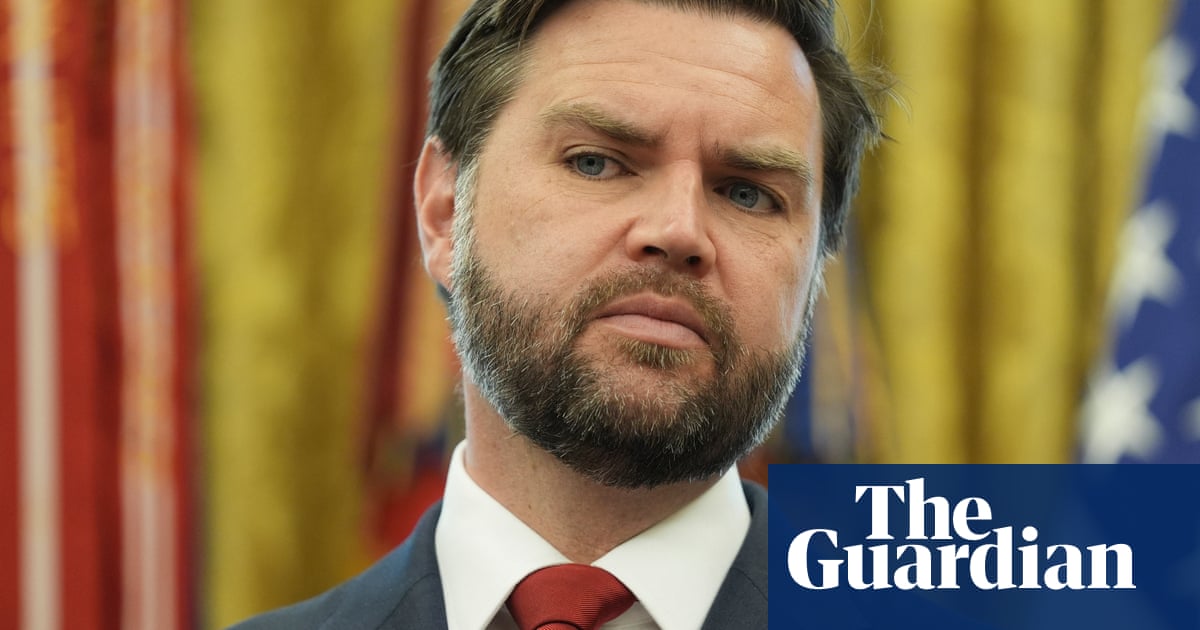JD Vancehas said that the US will not intervene in theconflictbetweenPakistanandIndia, calling fighting between the two nuclear powers “fundamentally none of our business”.
The remarks came during an interview with Fox News, where the US vice-president said that the US would seek to de-escalate the conflict but could force neither side to “lay down their arms”.
“What we can do is try to encourage these folks to de-escalate a little bit, but we’re not going to get involved in the middle of war that’s fundamentally none of our business and has nothing to do with America’s ability to control it,” Vance said during the interview. As the US could force neither side to lay down their arms, he continued, the country would “continue to pursue this thing through diplomatic channels”.
“Our hope and our expectation is that this is not going to spiral into a broader regional war or, God forbid, a nuclear conflict,” Vance said. “Right now, we don’t think that’s going to happen.”
The remarks matchDonald Trump’s “America first” foreign policy of calling for a retreat from the US role as a mediator in foreign conflicts. Trump and Vance have both warned that theUnited States is willing to walk awayfrom an attempt to broker a ceasefire in Russia’s invasion of Ukraine if the two sides cannot be led to hold direct talks.
India on Thursday evening said that it had thwarted missile and drone strikes launched by Pakistan in what would mark thelatest round of tit-for-tat attacks between the two countries. Indian missile strikes on Pakistan in the early hours of Wednesday killed 31 people. India claimed that it was targeting “terrorist infrastructure”, while Pakistan denied that any terrorist groups had been operating in the areas hit by Indian missiles.
As Vance signaled the US continued intent to take a diminished role in mediating conflicts abroad, secretary of state Marco Rubio spoke with leaders of both countries and called for an “immediate de-escalation” in the fighting. The Iranian and Saudi foreign ministers also flew into Delhi on Thursday.
Vance, who has played a significant role in foreign policy in the new Trump administration,traveled to India last month, where he said that India could retaliate against “terrorists” in Pakistan but said the US did not want that to spiral into a broader regional conflict.
“Our hope here is that India responds to this terrorist attack in a way that doesn’t lead to a broader regional conflict,” Vance said, referring to a recent Islamist militant attack in Kashmir. “And we hope, frankly, thatPakistan, to the extent that they’re responsible, cooperates with India to make sure that the terrorists sometimes operating in their territory are hunted down and dealt with.”
